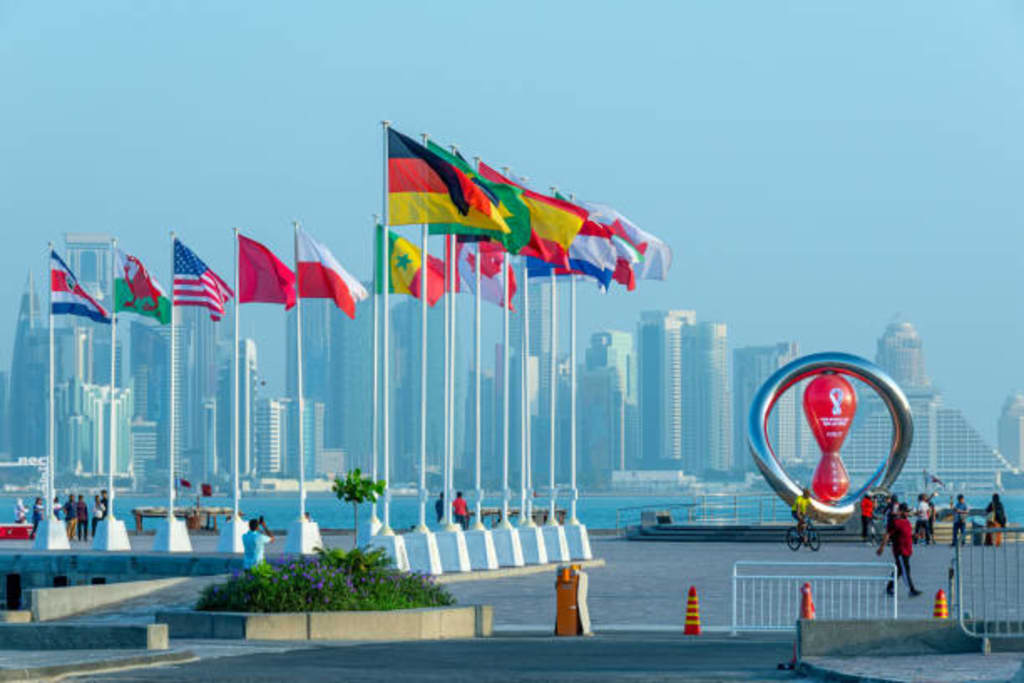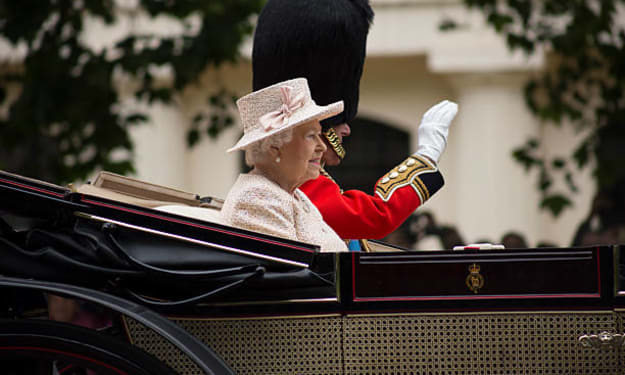FIFA's Tarnished Legacy: Unraveling the Corruption Behind the World Cup
FIFA's Shady Past: The Shocking Truth About World Cup Corruption – A Must-Read for Every Soccer Fan!

On a chilly December 2nd in 2010, the world of football held its breath as the International Federation of Association Football, known as FIFA, gathered in picturesque Switzerland. This momentous gathering was convened to unveil the future hosts of the prestigious 2018 and 2022 World Cup tournaments. An illustrious audience had assembled, reflecting the political might and fervor behind their respective bids. The scene was set with notable figures like former U.S. President Bill Clinton, a vocal advocate for the U.S. bid, and Prince William championing England's cause. The Dutch Prime Minister and former Belgian Prime Minister stood united with a joint bid.
In this room pulsating with power, the fate of nations hung in the balance, all hinging on the decisions of a group that held the key to the World Cup's future. These were the 22 FIFA officials vested with the authority to select the host nations, the custodians of destiny steering the course of international football. Yet, as the story unfolds, we'll come to realize that even these guardians of the game were not immune to the allure of abusing their power.
The moment arrived, and the announcements echoed through the air like seismic ripples, revealing the chosen hosts. "Ladies and gentlemen, the 2018 FIFA World Cup will be organized in Russia, and the 2022 FIFA World Cup is awarded to Qatar." The room erupted with a mixture of emotions, from jubilation to bewilderment. Little did anyone know that this seemingly triumphant moment would send shockwaves through the world of football, unravelling a tale of corruption and scandal that would mar the very essence of the beautiful game.
The journey of FIFA began humbly in the early 20th century when football had already established itself as a beloved sport, particularly in Europe and South America. FIFA was formed in 1904 by officials in France to oversee competitions between national teams and promote the sport. The desire to emulate the success of the Olympics led to the creation of the first World Cup in 1930, hosted by Uruguay. The selection process for the host was veiled in the guise of a democratic vote, concealing the influence of a select few behind closed doors.
As the World Cup found its way onto television screens, it underwent a metamorphosis, evolving from a regional event into a global phenomenon. Countries clamored for the prestige and honor that came with hosting the tournament, propelling FIFA into a position of immense wealth and power. The burgeoning profits became the lifeblood of the organization, controlled by a small group known as the Executive Committee (ExCo), who wielded the authority to distribute funds among member nations.
However, beneath the surface of the World Cup's success, a culture of corruption began to fester. FIFA leaders started using illicit means to consolidate and extend their influence, culminating in the decision to shift the voting power from the FIFA Congress to the ExCo. This pivotal move concentrated immense power in the hands of a few, creating an environment ripe for corruption to thrive.
The turn of the 21st century saw FIFA's bidding process evolve into a high-stakes arena, where nations vying for the opportunity to host the World Cup indulged in a frenzied display of promises and lavish gestures. The 2006 World Cup bid marked the first glaring evidence of under-the-table deals, with Germany's victory marred by allegations of bribery. The trend continued, tainting subsequent bids and eventually culminating in the controversial selection of Russia and Qatar as hosts for 2018 and 2022 respectively.
Russia and Qatar emerged as winners not solely based on merit, but rather on their ability to flex political muscle and financial prowess. Russia showcased its formidable resources and influence, while Qatar harnessed its wealth and ambition to embark on a staggering infrastructure overhaul. Both nations exploited the lack of accountability and transparency within FIFA's structure, playing a sophisticated game of power politics to secure their hosting rights.
The aftermath of these selections saw FIFA plunge into a whirlpool of scandal and controversy. Arrests, indictments, and investigations laid bare the rampant corruption that had infiltrated the organization's highest echelons. The ensuing chaos culminated in Sepp Blatter's ignominious departure from the presidency of FIFA, symbolizing a pivotal moment in the unraveling of the institution.
Amidst the turmoil, FIFA attempted to restore its tarnished reputation by reinstating the Congress's authority in the host selection process. However, the damage was done, and questions lingered about the moral integrity of hosting decisions that had favored wealth and power over principles.
The legacy of the 2018 and 2022 World Cup host selections serves as a stark reminder of the darker side of the beautiful game. It highlights the pitfalls of unchecked power, the allure of under-the-table dealings, and the precarious balance between ambition and ethics. As the world tunes in to witness the spectacle of the World Cup in Russia and Qatar, the shadows of controversy loom large, casting a long shadow over an event that was once the epitome of sporting excellence.
In retrospect, the 2018 and 2022 World Cup hosting decisions stand as cautionary tales, reminding us of the imperative to safeguard the integrity of the beautiful game. The lessons learned from this tumultuous chapter in FIFA's history serve as a call to action for transparency, accountability, and a renewed commitment to the principles that have made football a unifying force across borders and cultures. The road to redemption may be arduous, but it is a journey that the world of football must undertake to ensure that the spirit of the game remains untarnished for generations to come.
Like what you read? Consider liking and subscribing for more! :)






Comments
There are no comments for this story
Be the first to respond and start the conversation.